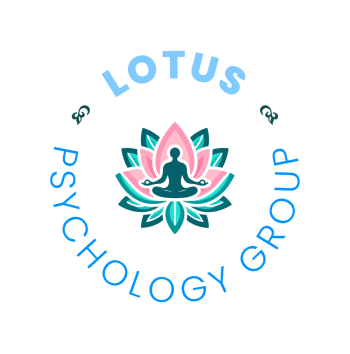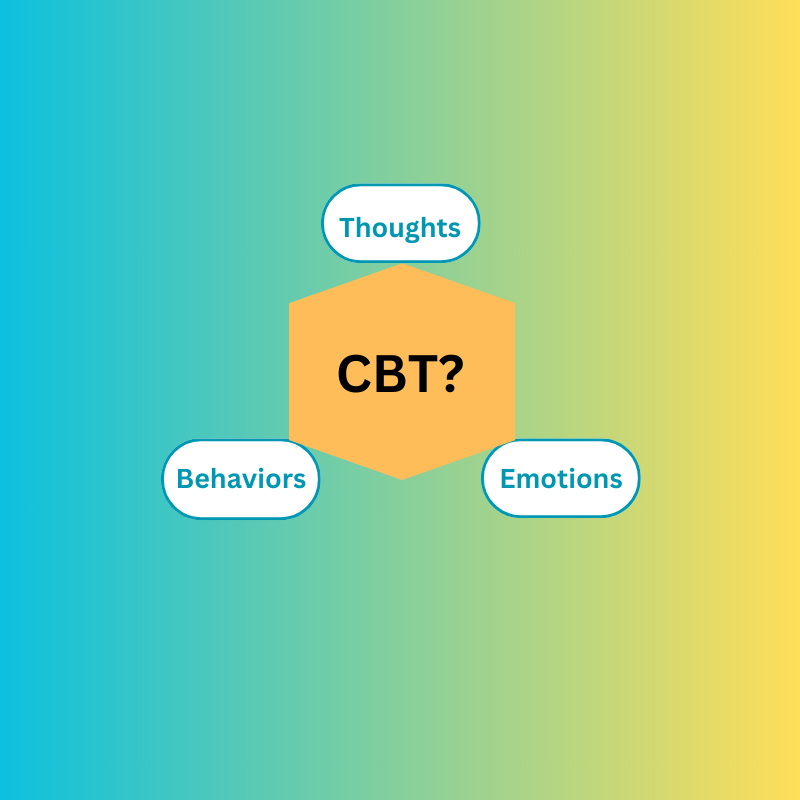October is Depression and Mental Health Screening Month. This awareness month is dedicated to providing information about the many benefits of receiving screenings for depression and other mental health concerns. Most importantly, regular screenings ensure you have access to therapy and other support resources. If therapy is recommended, you may be wondering what you can expect. There are many approaches used during therapy sessions, and in most cases, you will never even know what technique your therapist is utilizing. Instead, you’ll be taught the way these approaches work and how to utilize them during sessions and as part of your real-life. While it’s not necessary to know the specifics of every therapy technique, having a basic understanding of commonly used approaches can help you work more effectively with a therapist. One of the most versatile and effective approaches is cognitive behavioral therapy. This solution is known to provide improvement in a range of concerns, including depression.
Keep reading to learn more about the benefits of cognitive behavioral therapy.
What Is Cognitive Behavioral Therapy?
Cognitive behavioral therapy (CBT) is a versatile approach to therapy that is utilized to decrease the effects of a range of mental health concerns. CBT works by helping people recognize and understand the ways that thoughts, feelings, and actions are interconnected. When individuals
develop a greater sense of self-awareness and insight into how specific ways of thinking can lead to difficult emotions or problematic behaviors, than can begin to dismantle these thoughts, which can improve their feelings and actions. CBT may work to change any of these three aspects in order to improve all three.
Who Benefits from CBT?
CBT was developed to address mood disorders like anxiety and depression, but over the years,
it has been shown to benefit individuals dealing with a range of concerns, including:
Personality disorders
Bipolar disorder, which is also called bipolar depression
Obsessive compulsive disorder (OCD)
Panic attacks
Phobias
Eating disorders
Post-traumatic stress disorder (PTSD)
Insomnia
Addiction and substance use disorders
Chronic pain
Health issues
What Happens During CBT Sessions?
Therapists often recommend CBT because it’s a short-term, effective solution. In most cases, CBT can help resolve overwhelming emotions, challenging thoughts, and unwanted behaviors in just three to six months of regular sessions. Each session will last about an hour. At your therapy visits, you’ll talk through current concerns with your therapist. They will guide you to challenge problematic thoughts, emotions, and behaviors. By making small changes in one or more area, people often see improvement in all aspects of their lives. Between visits, your therapist will give you “homework,” so you can practice the coping strategies and skills learned in sessions outside the office.
How Do I Get Started?
If you’re interested in CBT or any other approach to therapy, the team of knowledgeable professionals at Lotus Psychology Group are here to support you in Metro Detroit. You can get started working with one of our therapists by calling (248) 957-8973, emailing info@lotuspsychgroup.com, or completing our contact form.

